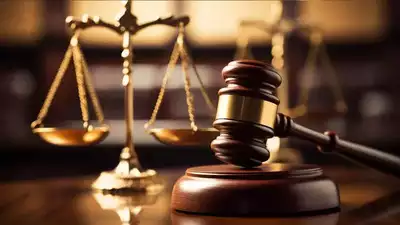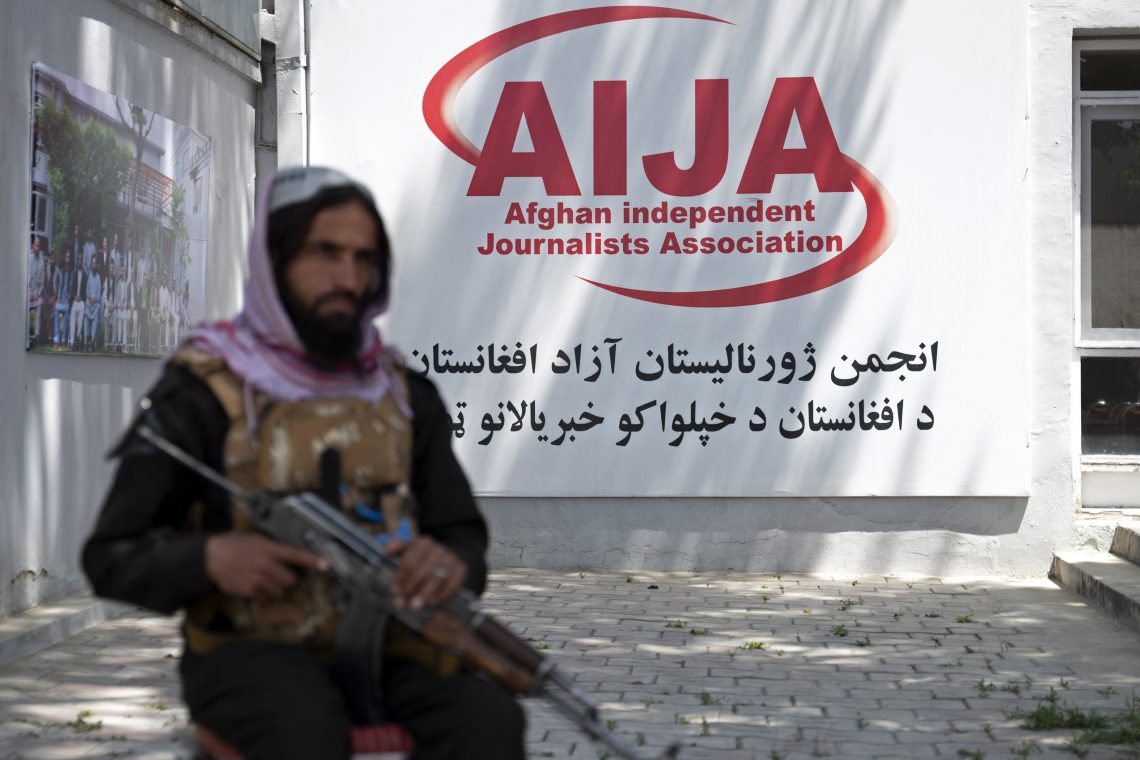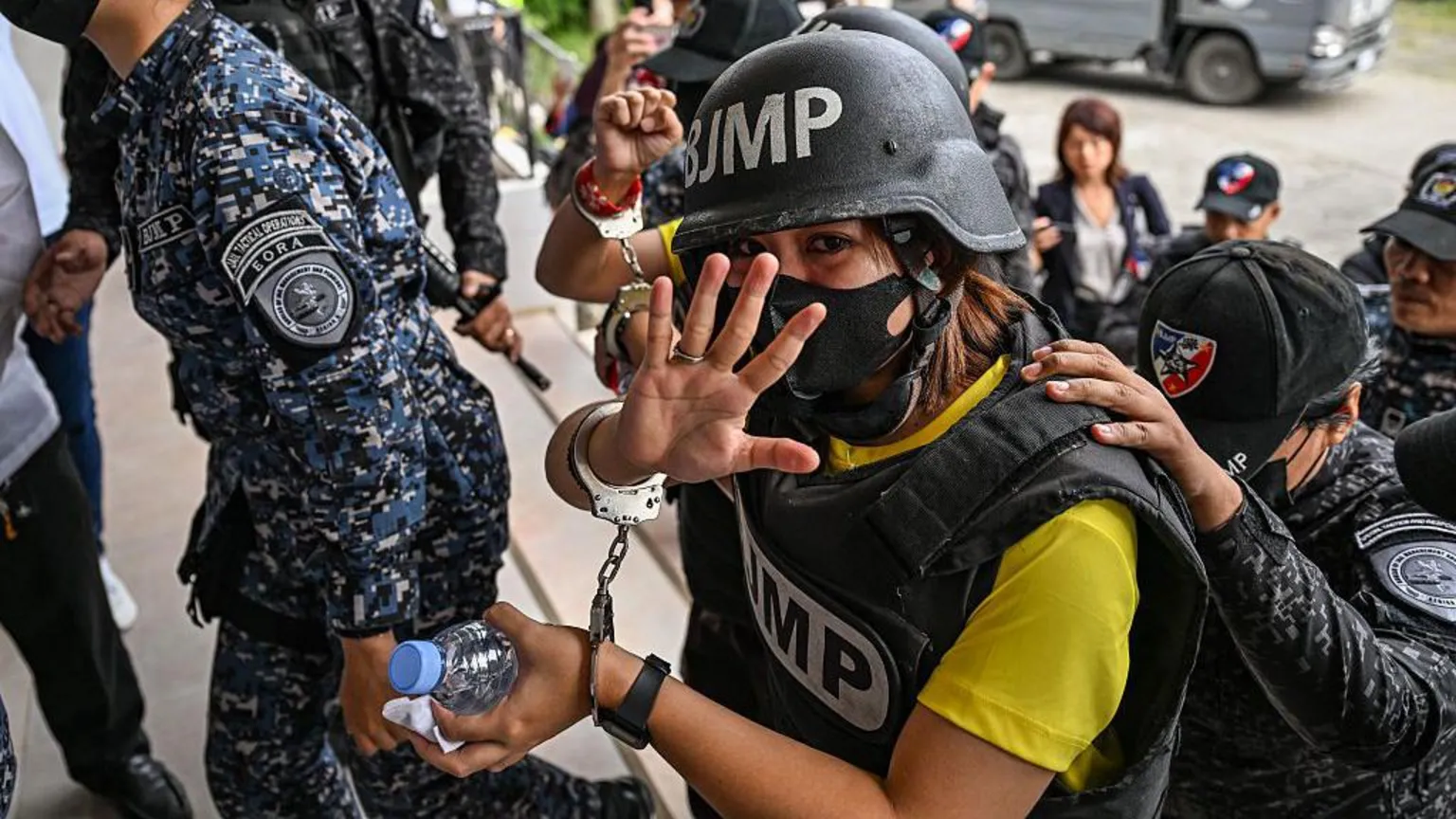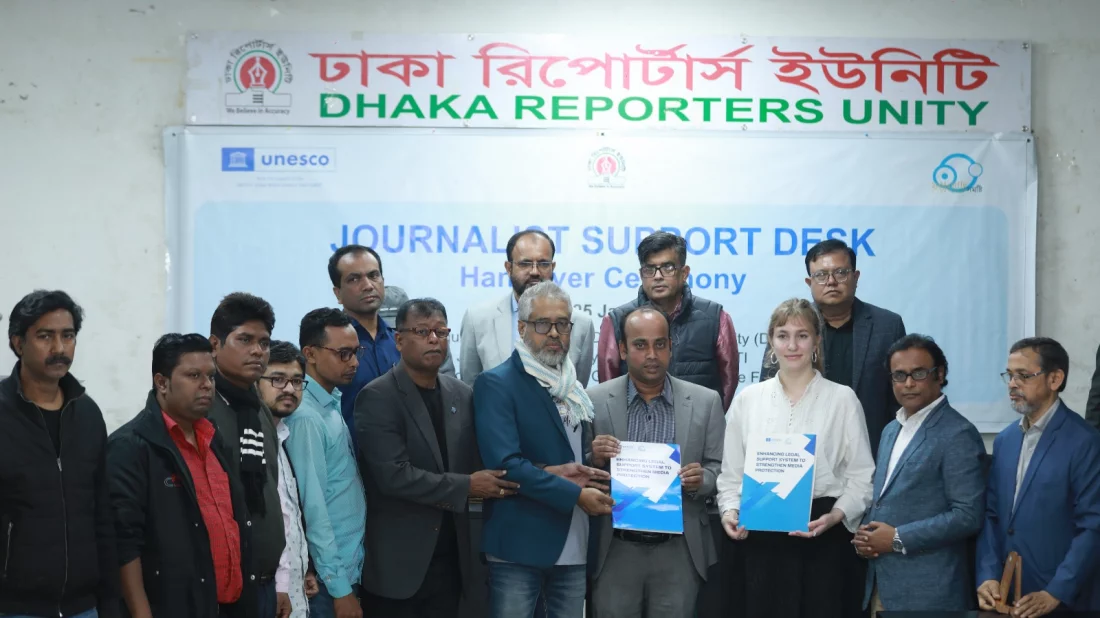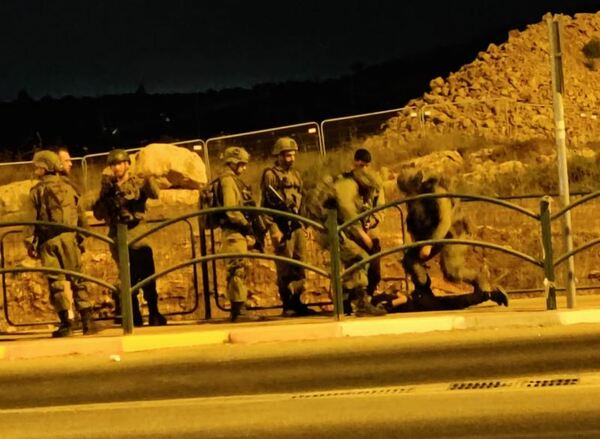
Palestinian Journalist Ahmad Jalajel Detained Twice by Israeli Forces in Jerusalem
March 8, 2025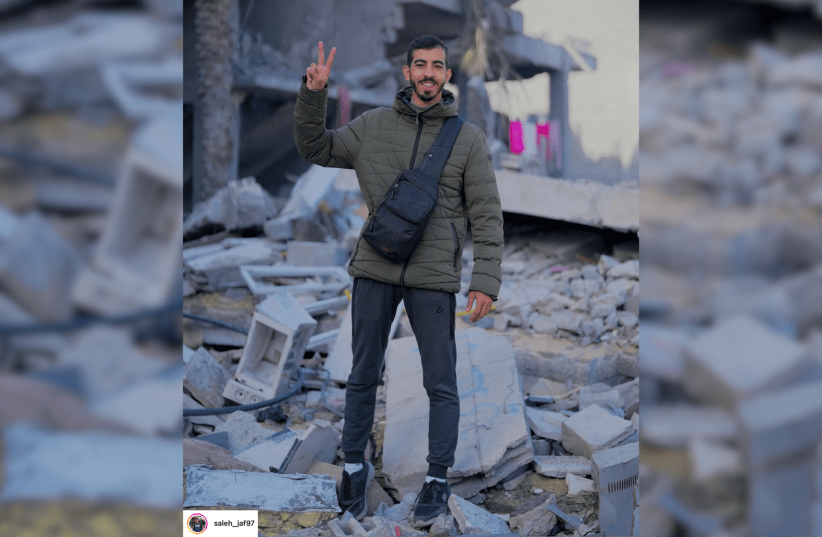
Meta Suspends Palestinian Journalist Saleh Aljafarawi’s Instagram Accounts Amid Controversy
March 9, 2025March 09, 2025 – India –
In recent months, the detentions of journalists in Jammu and Kashmir and Uttarakhand have sparked significant concerns regarding press freedom and the criminalization of dissent in India.
Hilal Mir Detained in Srinagar
In early May 2025, senior journalist Hilal Mir was detained by the Jammu and Kashmir Police for allegedly promoting “disaffection” against India and “secessionist ideology” through social media posts. Mir, known for his contributions to various national and international media outlets, was accused of portraying Kashmiris as victims of systemic extermination. His detention is part of a broader pattern of actions against journalists in the region, raising alarms among press freedom advocates.
Sudhanshu Thapliyal Arrested in Uttarakhand
In Uttarakhand, journalist Sudhanshu Thapliyal was arrested in Kotdwar after posting a Facebook update on January 29, 2025, criticizing local police for their inaction in a fatal road accident case. Thapliyal was detained overnight, and his phone was confiscated. He was later charged with defamation under the Bhartiya Nyaya Sanhita (BNS), 2023. The arrest prompted widespread condemnation from media organizations, including the Press Club of India and the Uttarakhand Journalists’ Union, who decried the action as an attack on press freedom. The Uttarakhand High Court subsequently intervened, halting further police action and emphasizing the importance of safeguarding journalistic expression.
Broader Implications
These incidents underscore a troubling trend of using legal mechanisms to intimidate and silence journalists in India. The detentions of Mir and Thapliyal highlight the precarious state of press freedom, where critical reporting and social media commentary can lead to legal repercussions. Such actions not only threaten individual journalists but also pose a broader risk to democratic discourse and the public’s right to information.

